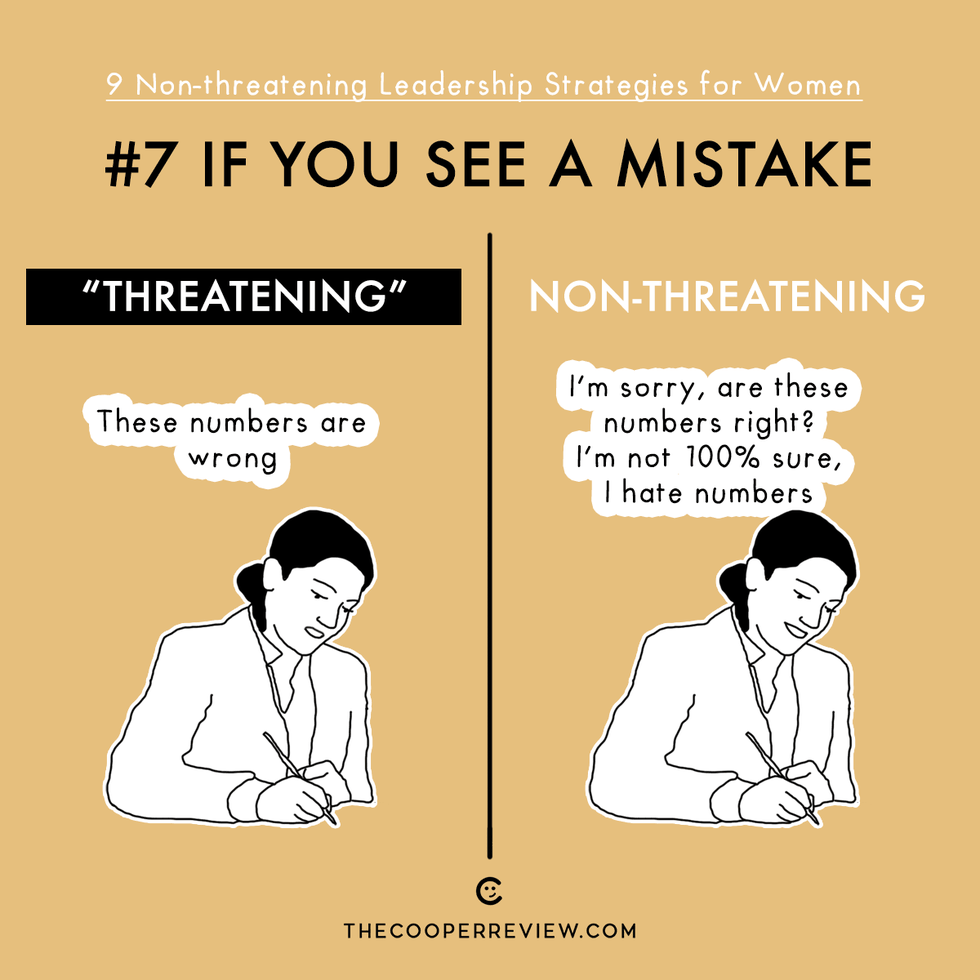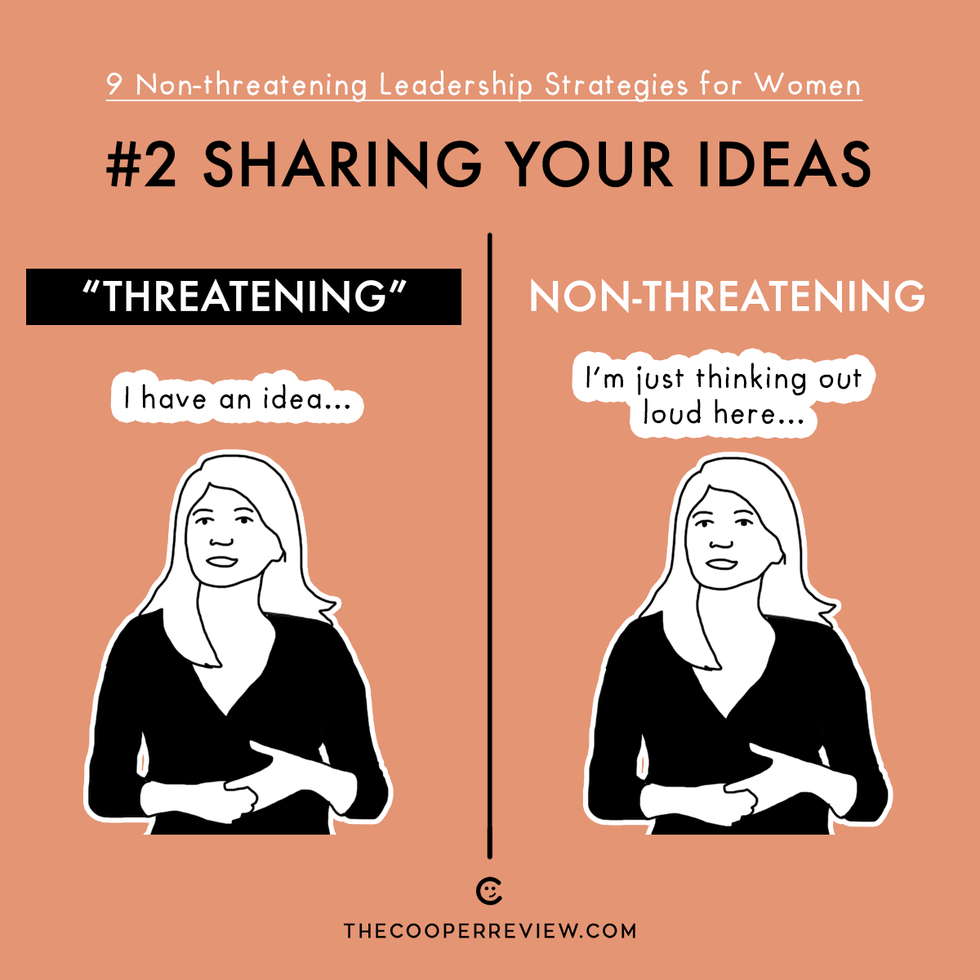This semester, I have finally gotten around to taking my final general education course, lab science. Although the prospect of this obligation made me nervous at first, largely because of the tremendous time commitment frequently associated with labs, I was relieved to learn that I would be able to fulfill it with a geology class. Although I’m a humanities major, I have always enjoyed studying the sciences, and geology has a special place in my heart. The first career I ever dreamed of having was to be a paleontologist, and I spent several years of my young life invested in the study of flashcards and plastic bones. In high school, I was my Science Olympiad team’s resident specialist on rocks, minerals, and fossils. Long story short: I may not be a geologist, but I know my rocks.
But during lab last week, I caught myself pretending that I didn’t. “I think that this is quartz,” I said, “but I could be wrong.” I wasn’t wrong. I knew that I wasn’t wrong. “But it can’t be calcite, right? Doesn’t the chart say that calcite can’t scratch glass?” I didn’t need the chart to tell me that, either. I already knew the answer. But I kept silencing myself. I didn’t want to speak from my own authority, because I was afraid that it wouldn’t be good enough.
As anyone who has ever taken a lab science class can attest, lab etiquette is important. I don’t want to hog all the samples and keep people from having the opportunity to enjoy the hands-on learning experience that a lab offers. I do not want to dominate the conversation so that mine is the only voice. Those are things that I consider inconsiderate. But speaking up when I knew that my team was making an error, one that could potentially impact my grade, wasn’t a deficit to anyone’s learning. On the contrary, it was crucial to our success. So why did it make me so anxious?
For me, experiences like this one slide into the category of “Little Moments of Internalized Sexism,” things that seem so quotidian that they would be easy to miss if you weren’t looking. I was reminded of a comic by Sarah Cooper that I read recently, detailing the lengths that female leaders go to in an effort to seem nonthreatening. I was not shy. I was not unsure of myself. I wasn’t wrong. But I was nervous to speak up because I was worried that my own knowledge would be dismissed as not being good enough. Worse still, I might be labeled— bossy, pretentious, know-it-all.
I was fortunate enough to grow up in an environment that fostered my self-confidence and tendency for leadership. Not all girls are so lucky. There is still a deep-seated negative connotation with female authority and confidence, one which would no doubt discourage girls when cultivated over a lifetime. It is hard to persevere when you are being told not to be so bossy, rather than being praised for your capacity to lead. It is hard to remain outspoken when you are chastised for being a show-off or a teacher’s pet. In spite of the progress we have managed to make, too many young women are still taught that the best way to be proper is to be silent.
As a young woman today, I consider leadership to be an essential part of my personal identity. I have learned to recognize the nuance between telling people what to do and leading a group to success; I appreciate the distinction between being a helpful, well-informed peer and being sanctimonious. If no one had ever taken the time to foster the blossoms of these traits within me, though, I think I would be a completely different person than I am today. If I hadn’t had the support to help me see past “bossy,” I don’t know if I would have dared to lead.
So I am sitting in my lab group, realizing all of a sudden that I am holding myself back out of fear of being judged— berated for knowing too much, or being too confident in that knowledge, or being too willing to speak up. So what do I do?
“This is olivine,” I say, holding up a mineral sample. “It's my birthstone. And I am 100% positive.”























